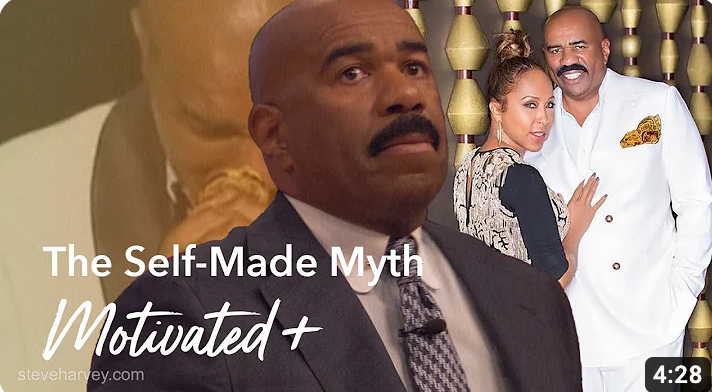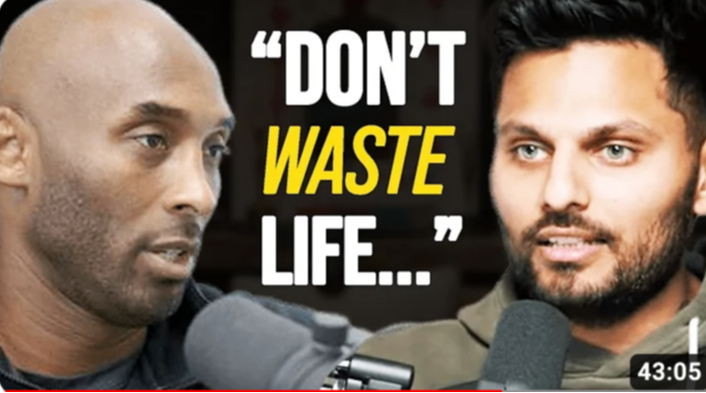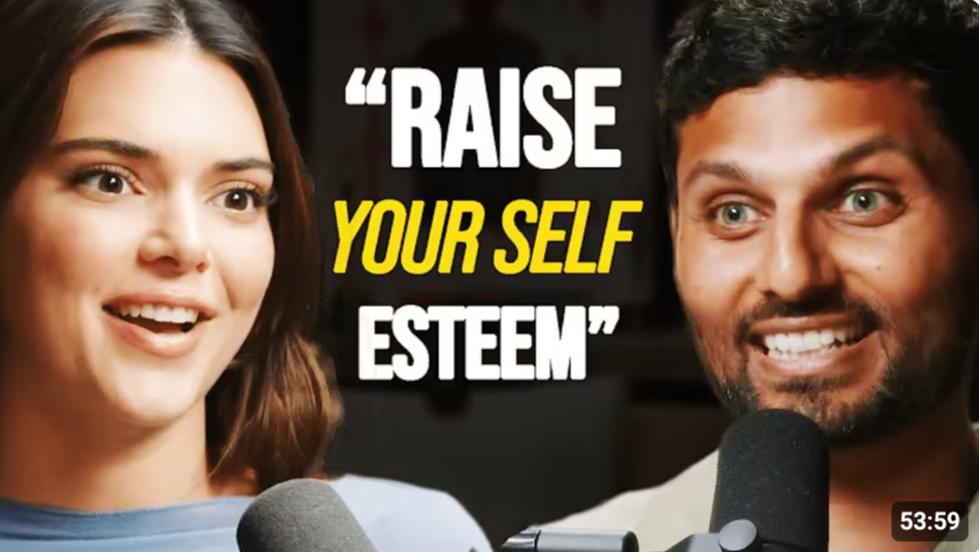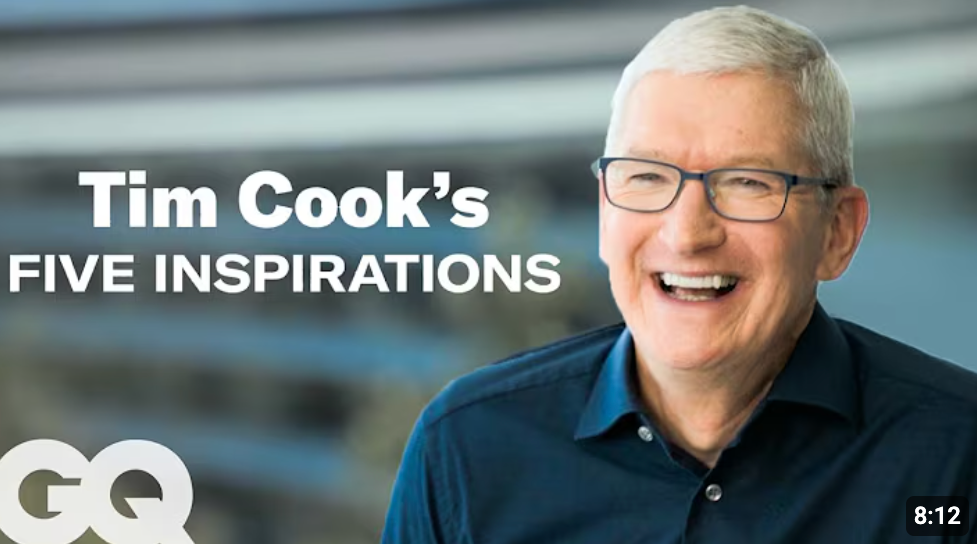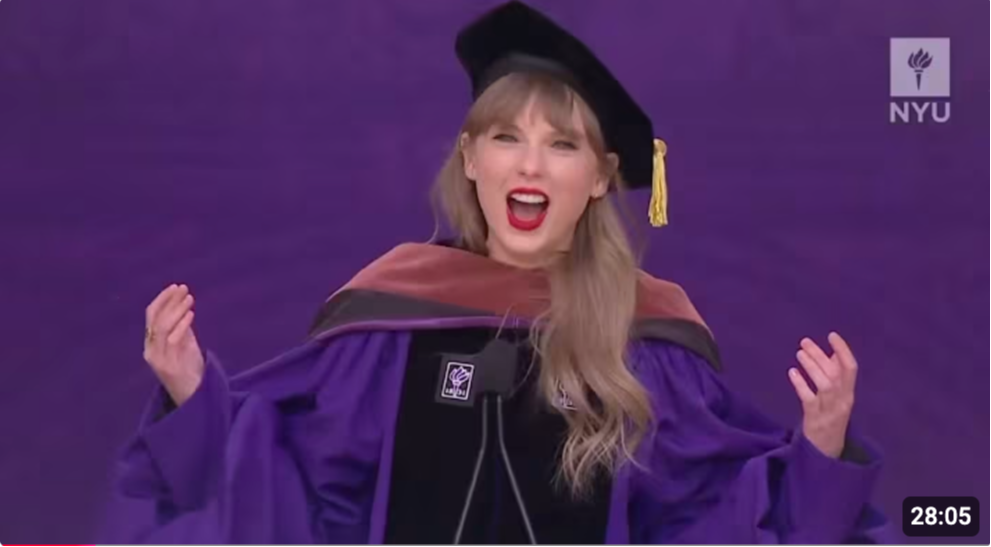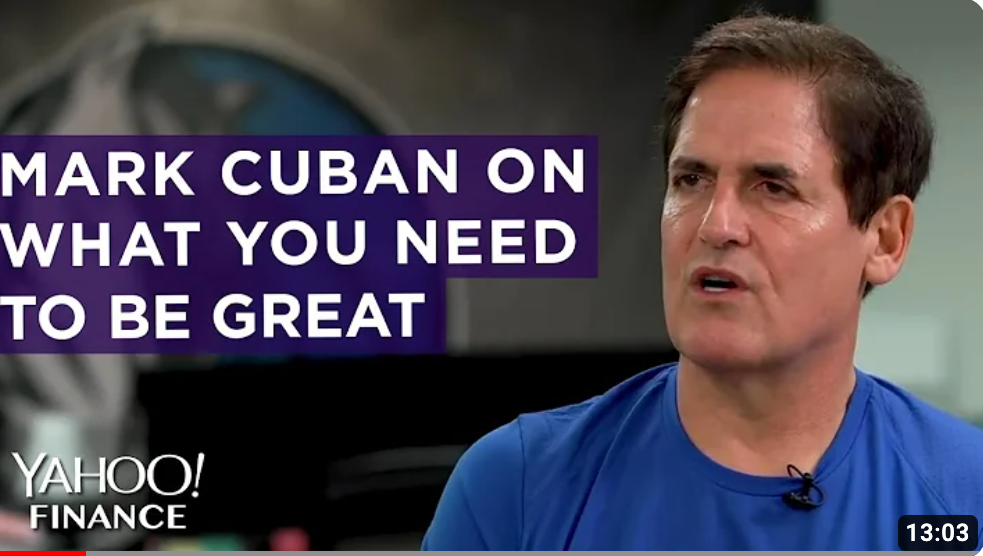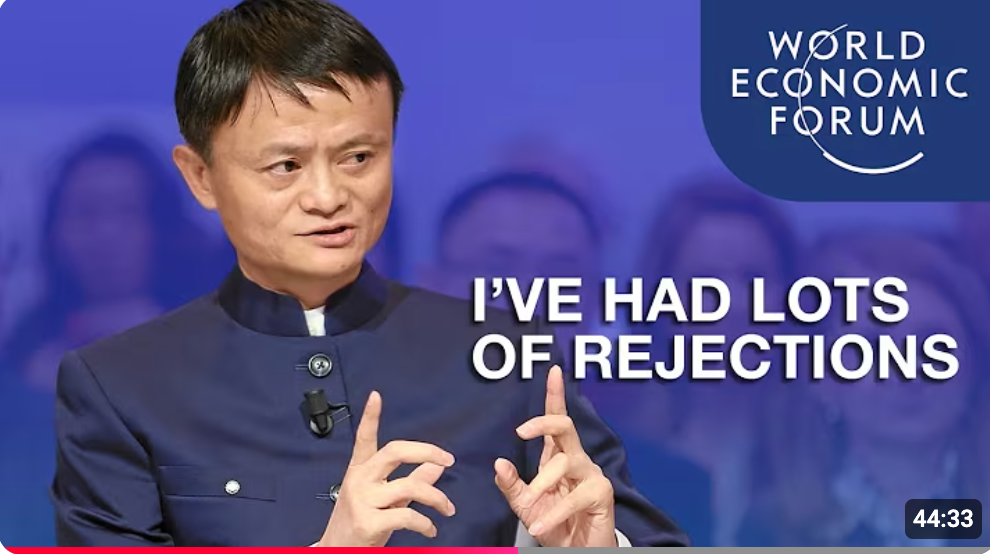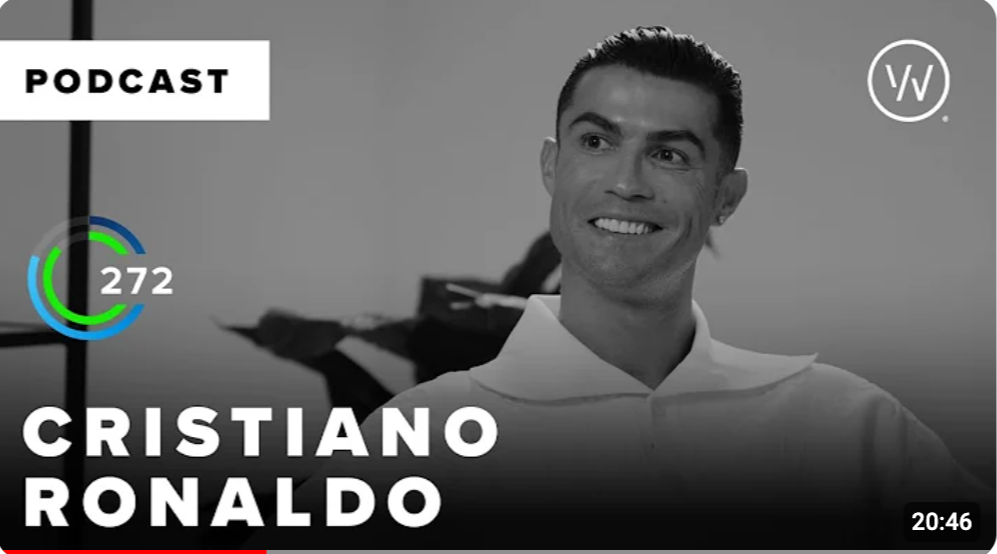สรุปจากงาน NEW GEN IS NOW EP1 : The Entrepreneurial Spirit for success บนสยามพารากอน ซึ่งจัดขึ้นโดยความร่วมมือของ Siam Piwat และ Slingshot Group อันเป็นส่วนหนึ่งในการสนับสนุนการเรียนรู้อย่างต่อเนื่องภายในองค์กร โดยใน Episode แรกนี้ได้เชิญคุณ CK มาร่วมสนทนาในหัวข้อเกี่ยวกับจิตวิญญาณผู้ประกอบการ ซึ่งไม่ได้จำเป็นต้องอยู่ในแค่ในตัวเจ้าของธุรกิจ ในเซสชั่นนี้ทั้ง 3 ท่านเห็นตรงกันว่าสิ่งที่เรียกว่า ความเป็นผู้ประกอบการ สามารถนำไปปรับใช้ได้ทั้งในองค์กร ความสัมพันธ์ การบรรลุเป้าหมายต่าง ๆ
วิทยากรประกอบไปด้วย
- คุณ CK CHEONG Chief Executive Officer บริษัท ฟาสเวิร์ค จำกัด
- คุณณัฐวุฒิ เกียรติไชยากร Chief Business Resources บริษัท สยามพิวรรธน์ จำกัด
- คุณกุลวดี โอฬารพันธุ์สกุล Chief Leadership Officer บริษัท สลิงชอท กรุ๊ป จำกัด
Entrepreneurial Spirit - จิตวิญญาณของผู้ประกอบการคืออะไร
- สำหรับคุณกุลวดี Chief Leadership Officer จากทาง Slingshot Group มองว่า จิตวิญญาณผู้ประกอบการประกอบไปด้วยคำว่า Entrepreneur หรือความเป็น Ownership และคำว่า Spirit ซึ่งประกอบไปด้วย High Awareness, Purpose และ Performance หมายความว่าต้องมีการตระหนักรู้ที่สูง มีเป้าหมายซึ่งจะส่งผลต่อผลการทำงาน
- ทางคุณณัฐวุฒิ Chief Business Resource จากทาง Siam Piwat มองว่า คนที่มี Spirit คือคนที่มี Commitment ที่อยากเห็นผลลัพธ์ในการลงมือทำ มี Leadership และความเป็นเถ้าแก่ คนที่สามารถทำให้ Partner, Team Member ร่วมงานกับเขาได้ รวมทั้งมีวิสัยทัศน์ในการบรรลุ Sustainable Goal
- CK แห่ง Fastwork ให้คำนิยามสั้น ๆ ของจิตวิญญาณนี้ว่า "คุณคือคนบ้า" เขามองว่าหลายสิ่งที่เปลี่ยนโลกวันนี้มาจากผู้ประกอบการ มาจากคนที่ถูกหาว่าบ้าในการคิดค้นสิ่งที่คนมองว่าไม่สามารถเป็นไปได้ รถยนต์ บลูทูธ รถยนต์ไฟฟ้า เป็นต้น หากมีกำแพงขวางทางพวกเขา ผู้ประกอบการจะหาวิธีทำลายกำแพงนี้ ไม่ว่าจะเป็นขว้างปาสิ่งของ หรือวิธีอื่น ๆ ผู้ประกอบการมักจะท้าทาย Status Quo มองโลกในมุมมองที่ต่างออกไปและปฏิเสธที่จะยอมรับข้อจำกัด
เส้นทางของผู้ประกอบการ: โดย CK - Fastwork
- การสรรหาและรักษาพนักงานเป็นสิ่งสำคัญ
- หัวหน้าและ CEO ควรฝึกการเห็นอกเห็นใจพนักงาน ลองมองตัวเองในมุมพนักงาน เพื่อเข้าใจพลวัตของทีมได้ดีขึ้น
- ความหนาแน่นของความสามารถ (Talent Density) เป็นสิ่งสำคัญ ทีมที่มีขนาดเล็กแต่มีความสามารถสูงอาจมีประสิทธิภาพมากกว่าทีมขนาดใหญ่ที่มีความสามารถต่ำกว่า คุณ CK ยกตัวอย่างองค์กรอย่าง Netflix ที่จำเป็นต้อง Layoff พนักงานออก แต่กลับกลายเป็นว่าทำให้องค์กรมี Productivity ที่สูงขึ้น เนื่องจากคนเก่งได้ทำงานกับคนเก่ง และไม่ต้องเสียเวลาแบก Low Performer มากจนเกินไป
- Always look for the best idea : มองหาความคิดที่ดีที่สุด ไม่ใช่แค่ความคิดจากคนที่มีตำแหน่งสูงหรือมีประสบการณ์มากกว่า
- ลดการประชุมลง การประชุมมักเกิดขึ้นเนื่องจากขาดความไว้วางใจ และอาจเป็นการเสียเวลาหากไม่ดำเนินการอย่างถูกต้อง CEO ควรให้ความสำคัญกับการประหยัดเวลาของผู้อื่น และหลีกเลี่ยงการรายงานที่ไม่จำเป็น
- CEO มักจะขาดสมดุลระหว่างงานและชีวิต (Work-Life Balance) เพราะต้องลงมือทำเองอย่างขยันขันแข็ง อ่านอัปเดท ตอบอีเมล พูดคุยกับลูกค้า ทั้งหมดนี้เพื่อประหยัดเวลาพนักงาน เพื่อให้พวกเขาได้ทำงานที่มีประโยชน์ต่อธุรกิจจริง ๆ
- การสร้างธุรกิจเหมือนกับการแต่งงานแล้วมีลูกทันที ฉะนั้นควรใช้เวลาศึกษาพาร์ทเนอร์ดี ๆ เช่น เป้าหมายของเขา เวลาเขาเจอปัญหา สไตล์การทำงาน ปัญหาที่บ้าน หากหาไม่ได้ให้ทำเองเลย เนื่องจาก CK มองว่าพาร์ทเนอร์ที่ดี สามารถเข้ากันได้ต้องพึ่งดวงด้วย
- ระวังนักลงทุน เพราะพวกเขาอาจกลายเป็นเจ้านาย ควบคุมธุรกิจในขณะที่คุณต้องทำงานเป็นลูกจ้างพวกเขาทั้ง ๆ ที่อยากเป็นผู้ประกอบการ มีอิสระ
- ESOP (Employee Stock Ownership Plan) มีคุณค่าในการดึงดูดบุคลากรที่มีความสามารถสูง
- เจ้าของธุรกิจควรเข้าใจตัวชี้วัดทางธุรกิจที่สำคัญ เช่น LTV (Lifetime Value) และ CAC (Customer Acquisition Cost) โดยการประเมินว่าลูกค้าจะกลับมาใช้บริการอีกหรือไม่ เช่น เคสตัวอย่างของ Starbucks
- หน้าที่ของ CEO คือการประหยัดเวลาและตัดสินใจเรื่องยาก ๆ รวมถึงการเลิกจ้าง
- Trick : ถ้าพนักงานคนนั้นลาออกแล้วคุณรู้สึกโล่งใจ อาจเป็นสัญญาณว่าคุณควรปล่อยเขาไปนานแล้ว
- ทรัพยากรที่แพงที่สุดคือเวลา ดังนั้นการจัดการมันอย่างรอบคอบเป็นสิ่งสำคัญ
- การสร้างแบรนด์คือการสร้างความลำเอียง และการลงทุนในแบรนดิ้งอาจไม่ได้ผลเสมอไป
ช่วงการอภิปราย (Panel Session):
มุมมองเรื่องเป้าหมายและ Energy ของ CK มาจากไหน:
- CK ไม่ชอบรอให้มีการเปลี่ยนแปลง แต่เขาอยากเป็นพลังของการเปลี่ยนแปลงเอง
- ความฝันเป็นสิ่งสำคัญ แต่คิดการเชื่อมโยงจุดย้อนกลับ (Connect dots backword) ไปข้างหลังจะทำให้เรารู้ว่าวันนี้เราต้องทำอะไร เป็นขั้นตอน
- วินัยเป็นสิ่งสำคัญ มันมาจากความรักในเป้าหมาย คุณไม่สามารถรักตัวเองอย่างแท้จริงโดยหวังเพียงแรงบันดาลใจในแต่ละวัน
- เรามักจะประเมินค่าความสำเร็จในหนึ่งปีสูงเกินไป และประเมินค่าความสำเร็จในสิบปีต่ำเกินไป หมายถึงว่า เรามักคิดว่าใน 1 ปีเราจะต้องสำเร็จอย่างรวดเร็ว ขณะที่มองว่า 10 ปีมันอีกยาวไกล ไม่เกี่ยวอะไรกับการกระทำในวันนี้
- การเริ่มธุรกิจในมุมมองของ CK ควรขับเคลื่อนด้วยความต้องการของลูกค้า ไม่ใช่แค่ความต้องการส่วนตัว
Entrepreneurial Spirit ในองค์กร หรือ Corporate
- สำหรับองค์กร คุณณํฐวุฒิจาก Siam Piwat โดยส่วนตัวก็ชอบคนบ้าที่คุณ CK กล่าวถึง แต่ในบทบาทของการเป็น ผู้นำ HR ในองค์กรขนาดใหญ่ มันมี Limitation บางอย่าง เขาจึงเสนอมุมมองว่า
- พนักงานที่มี Spirit นี้ทำงานเหมือนกับว่าพวกเขากำลังดำเนินธุรกิจเอง มีบริษัทของตัวเองซึ่งต้องส่งมอบงานให้กับลูกค้า ไม่ว่าจะเป็นหัวหน้า เพื่อนร่วมงาน แผนกงานอื่น ๆ ซึ่งจะทำให้พวกเขาตระหนักว่าลูกค้าต้องการอะไร ใส่ใจใน Quality มากกว่าจะทำให้มันเสร็จ ๆ ไป
- หากคุณทำตามแค่ Job Description ข้อ 1 2 3 4 นั่นอาจสื่อว่าคุณไม่มีจิตวิญญาณนี้
แนวทางสำหรับการส่งเสริม Entrepreneurial Spirit ในองค์กร
- CK ตอบว่า ต้องให้อำนาจพนักงานในการตัดสินใจ และรับผิดชอบ เมื่อเขารับพนักงานเข้ามา เขาต้องสอบถามจนมั่นใจ เชื่อใจแล้วว่าจะเชื่อในการทำงานและการตัดสินใจของพวกเขา
- เขามองว่าคนที่มาทำงาน ไม่ได้มาทำงานให้เขา แต่เป็น "ทำงานกับเขา" เสมือนทีมฟุตบอลที่ทุกคนเก่งคนละแบบ ถ้าหัวหน้าเก่งที่สุดทุกอย่าง มันจะเกิดคอขวดในกระบวนการทำงาน
- หลีกเลี่ยงการเป็นคอขวด จ้างคนที่เก่งกว่าคุณในด้านที่คุณไม่ถนัด
- ภาวะผู้นำต้องอาศัยความไว้วางใจและความสามารถในการให้เครดิตแก่ผู้อื่น
- ส่งเสริมให้พนักงานเรียนรู้จากความล้มเหลวและเผชิญกับความเสี่ยง
- คนเก่งรู้อยู่แล้วว่าต้องทำอะไร ผู้นำแค่ต้องทำให้คนเก่งสามารถทำงานด้วยกันได้
- ในส่วนของงานที่ CK มอบหมายให้พนักงานทำ เขาจะโยนโจทย์ไปให้พนักงานเสนอวิธีการ พูดคุย ลงมือทำแล้วมาดูผลลัพธ์กันในอีก 6 เดือน เพื่อสรุปผล เป็นต้น
Moderator ถามถึง 1 ทักษะที่ควรมีในโลกอนาคต
คุณกุลวดี Slingshot Group:
- นักรบไม่ควรพึ่งพาแค่ 1 กระบวนท่า ความสามารถในการปรับตัวเป็นสิ่งสำคัญ
- พัฒนาชุดทักษะที่มองโลกไปข้างหน้า ทางคุณกุลวดี ได้เสนอสิ่งที่เรียกว่าเป็น Skillset หรือชุดทักษะประกอบไปด้วย 1.การคิดวิเคราะห์ 2.ความคิดสร้างสรรค์ 3.AI ที่สามารถใช้ในงานของตัวเอง 4.ภาวะผู้นำ และ 5. ความสงสัยใคร่รู้
เมื่อพูดถึงการ Take Risk หรือการรับความเสี่ยง
CK Fastwork:
- Entrepreneurship is risk เราอาจโดดเดี่ยว เราอาจสูญเสียเงินทั้งหมด เราอาจโดนว่า โดนตัดสิน ไม่มีความมั่นคง
- ความเสี่ยงที่ใหญ่ที่สุดคือการไม่เสี่ยง เพราะการอยู่ใน Comfort Zone จะขัดขวางการเติบโต
- การเผชิญหน้ากับความกลัวซ้ำ ๆ สามารถเปลี่ยนมันเป็นนิสัยได้ เช่น ความกลัวในการพูดในที่สาธารณะ ครั้งแรกใครก็กลัว คุณควรมองหาความกลัวที่จะทำให้คุณเติบโตแล้วเผชิญหน้ามัน
- การพัฒนาตนเองเป็นการลงทุนที่ดีที่สุด ในอนาคต CK คิดว่าทุกคนจะมี AI ส่วนตัว แต่ทักษะ ความคิดและการต่อยอดเป็นคุณค่าเฉพาะตัว
- AI สามารถช่วยคุณได้เกือบทุกอย่างในอนาคต ยกเว้นบอกว่าจะทำอย่างไรให้ทำธุรกิจได้สำเร็จ มันวัดกันที่ High Level Thinking
- AI เหมือนตู้เย็น คนที่รวยที่สุดไม่ใช่คนที่คิดค้นตู้เย็น แต่เป็นคนที่ผลิตโค้ก นม เบียร์ ไอศกรีม คนที่หาโอกาสมากที่สุดจะได้ประโยชน์มากที่สุด
- ในส่วนของพนักงาน คนที่อยู่กับ AI จะถูก disrupt ยากกว่า
Calculated Risk ในมุมมองของคุณณัฐวุฒิ ความเสี่ยงในองค์กร:
- หลายคนกลัวความเสี่ยงเนื่องจากผลที่ตามมา เช่น การถูกวิจารณ์ การถูกตำหนิ และการถูกไล่ออก
- คุณณัฐวุฒิจาก Siam Piwat จึงเสนอ Calculated Risk หรือการคำนวณความเสี่ยงที่จะเกิดขึ้นให้ดี เพื่อให้แน่ใจว่าความเสี่ยงที่อาจเกิดขึ้น เป็นผลลัพธ์ที่เรารับมือไหว
- การล้มเหลวอย่างรวดเร็ว ก้าวไปข้างหน้าและเรียนรู้อย่างรวดเร็ว เป็นวิธีการที่สำคัญ
- ส่งเสริมให้พนักงานก้าวออกจากเขตสบายและเผชิญกับความเสี่ยง
Navigate Risk หรือการนำทางความเสี่ยงจาก Slingshot:
- องค์กรควรสนับสนุนพนักงานในการรับความเสี่ยงที่ถูกวางแผนมาแล้ว
- ผู้นำควรแนะนำทีมของพวกเขาผ่านสิ่งที่ยังไม่เคยสำรวจมาก่อน โดยช่วยให้พวกเขาผ่านความท้าทายผ่านการจำกัดความเสี่ยง
- Definition : Making decisions and taking action in situations where the outcomes are uncertain and may have both positive and negative consequences โดย Waqi Munim
CK Fastwork ความล้มเหลวและการปรับตัว:
- ความล้มเหลวเป็นส่วนหนึ่งของกระบวนการ หากคุณไม่ล้มเหลว คุณอาจกำลังเคลื่อนที่ช้าเกินไป
- การยึดติดกับแนวทางมากเกินไปอาจขัดขวางความก้าวหน้า ความสามารถในการปรับตัวเป็นสิ่งสำคัญ
CK Fastwork และคุณณัฐวุฒิเรื่องความสมดุลของชีวิตและทางเลือก:
- CK บอกว่า ชีวิตคือการเลือก ถามตัวเองว่าคุณให้คุณค่าอะไรและจัดลำดับความสำคัญให้ถูกต้อง
- ผสานการสมดุลระหว่างงานและชีวิตในบริบทของตัวคุณเอง เพื่อให้มั่นใจว่ามันสอดคล้องกับเป้าหมายส่วนตัวของคุณจริง ๆ ไม่ว่าจะเป็นเรื่องธุรกิจ ครอบครัว ความสัมพันธ์และสุขภาพ
- CK ยกตัวอย่างว่า ยากมากที่คุณที่จะเป็นพ่อคนที่สามารถสร้างธุรกิจที่เปลี่ยนแปลงโลก ในขณะเดียวกันมีความสัมพันธ์ที่สนิทสนมให้เวลากับลูกได้มากมาย หรือกระทั่งการนอนหลับอย่างเพียงพอ
- คุณณัฐวุฒิเห็นด้วยว่า Life is a choice คุณสามารถเลือกสิ่งที่คุณอยากทำ อยากเป็น โดยไม่ต้องสนใจสิ่งที่คนรอบตัวบอก หาสมดุลของตัวเอง
ปิดท้ายด้วย Call to Action จากวิทยากร สำหรับ Key to Success:
- คุณกุลวดี Slingshot : การเรียนรู้ตลอดชีวิตเป็นสิ่งสำคัญ อย่าหยุดเรียนรู้ไม่ว่าคุณจะอยู่ในจุดใดของชีวิต
- คุณณัฐวุฒิ Siam Piwat โดดเด่นจากคนทั่วไปด้วยการมี Entrepreneurial Spirit คิดว่าตัวเองเป็นบริษัทและส่งมอบคุณค่า รองรับความเสี่ยงที่คำนวณได้ ประเมินและปรับตัวอยู่เสมอ
การเรียกร้องให้ลงมือทำจาก CK:
- หากคุณมีเป้าหมาย ฟังสิ่งที่ CK พูดได้แรงบันดาลใจและแรงจูงใจอย่างเดียวไม่เพียงพอ CK ไม่สามารถช่วยให้คุณได้ผลลัพธ์ที่คุณต้องการ การลงมือทำจริง ๆ ด้วยตัวคุณเองเป็นสิ่งที่สร้างความแตกต่างได้อย่างแท้จริง
- ความสม่ำเสมอและวินัยเป็นรูปแบบที่ดีที่สุดของการรักตัวเอง และเป็นกุญแจสู่ความสำเร็จในระยะยาว
───────────────────────────────────────────────────────────────────────────
Summary from the event NEW GEN IS NOW EP1: The Entrepreneurial Spirit for Success at Siam Paragon, organized by Siam Piwat in collaboration with Slingshot Group, as part of their initiative to support continuous learning within the organization. In this first episode, CK Cheong was invited to discuss the topic of entrepreneurial spirit, which isn't limited to just business owners. In this session, all three speakers agreed that the concept of entrepreneurship can be applied within organizations, relationships, and achieving various goals.
Speakers included:
- CK Cheong, Chief Executive Officer, Fastwork Co., Ltd.
- Nattawut Kiatchaiyakorn, Chief Business Resources Officer, Siam Piwat Co., Ltd.
- Kulwadee Olanratanasukul, Chief Leadership Officer, Slingshot Group Co., Ltd.
The Path of an Entrepreneur: CK from Fastwork
- Recruiting and retaining employees is crucial.
- Leaders and CEOs should practice empathy towards employees, trying to see things from their perspective to better understand team dynamics.
- Talent density is important. A small, highly skilled team can be more effective than a larger team with less talent. CK cited Netflix as an example, where layoffs led to higher productivity because talented people worked with other talented individuals, without being burdened by low performers.
- Always look for the best idea: Seek the best ideas, not just those from high-ranking or more experienced individuals.
- Reduce meetings; meetings often occur due to a lack of trust and can be a waste of time if not conducted properly. CEOs should prioritize saving others' time and avoid unnecessary reporting.
- CEOs often lack work-life balance because they work diligently, read updates, respond to emails, and talk to customers to save employees’ time, allowing them to focus on tasks that genuinely benefit the business.
- Building a business is like getting married and immediately having children; thus, it's important to carefully study your partner, such as their goals, problem-solving style, work style, and personal issues. If a good partner can’t be found, do it yourself, as CK believes finding a compatible partner requires luck.
- Be cautious of investors, as they may become your bosses, controlling the business while you work as their employee, even if you want to be an entrepreneur with freedom.
- ESOP (Employee Stock Ownership Plan) is valuable for attracting high-talent individuals.
- Business owners should understand key business metrics like LTV (Lifetime Value) and CAC (Customer Acquisition Cost), evaluating whether customers will return, as exemplified by Starbucks.
- The CEO's role is to save time and make tough decisions, including layoffs.
- A trick: If you feel relieved when an employee resigns, it may be a sign that you should have let them go sooner.
- Time is the most expensive resource, so managing it carefully is crucial.
- Branding is about creating bias, and investing in branding may not always pay off.
Panel Session: Entrepreneurial Spirit
- Kulwadee, Chief Leadership Officer from Slingshot Group, views entrepreneurial spirit as comprising two parts: “Entrepreneur” or a sense of ownership, and “Spirit,” which includes high awareness, purpose, and performance, meaning a high level of self-awareness, having a purpose that impacts performance.
- Nattawut, Chief Business Resource Officer from Siam Piwat, sees those with this spirit as having a commitment to see the results of their actions, possessing leadership and an entrepreneurial mindset. They are individuals who can engage partners and team members and have a vision for achieving sustainable goals.
- CK from Fastwork defines this spirit succinctly as “You are crazy.” He believes many things that change the world today come from entrepreneurs, from those deemed crazy for inventing things considered impossible, like cars, Bluetooth, and electric vehicles. If faced with obstacles, entrepreneurs will find ways to overcome them, whether by throwing things or other methods. Entrepreneurs challenge the status quo, view the world differently, and refuse to accept limitations.
CK's Perspective on Goals and Energy
- CK dislikes waiting for change; he wants to be the force driving change.
- Dreams are important, but connecting the dots backward to plan for today’s steps is crucial.
- Discipline is essential; it stems from a love for one’s goals. You cannot truly love yourself by relying only on daily inspiration.
- We often overestimate what we can achieve in one year and underestimate what we can accomplish in ten years, meaning we tend to think we must succeed quickly in a year while viewing ten years as too long and unrelated to today’s actions.
- In CK’s view, starting a business should be driven by customer needs, not just personal desires.
Entrepreneurial Spirit in Organizations
For organizations, Nattawut from Siam Piwat personally likes the “crazy” people CK mentioned, but as an HR leader in a large organization, there are limitations. He suggests that:
- Employees with this spirit work as if they are running their own business, delivering work to customers, whether they are bosses, colleagues, or other departments. This leads them to be more mindful of quality rather than just completing tasks.
- If you only follow the job description step by step, it may indicate a lack of this entrepreneurial spirit.
Fostering Entrepreneurial Spirit in Organizations
- CK responded that employees must be empowered to make decisions and take responsibility. When he hires someone, he questions and ensures trust in their work and decisions.
- He views employees not as working for him, but as working with him, like a football team where everyone excels in different ways. If the boss is the best at everything, it creates a bottleneck in the workflow.
- Avoid being a bottleneck; hire people who are better than you in areas where you are weak.
- Leadership requires trust and the ability to give credit to others.
- Encourage employees to learn from failure and take risks.
- Talented people already know what to do; leaders just need to enable them to work well together.
- CK delegates tasks by giving employees challenges to propose solutions, discuss, execute, and then review the results in six months.
Moderator's Question on the One Skill Needed for the Future
- Kulwadee from Slingshot Group: A warrior shouldn’t rely on just one technique; adaptability is crucial.
- Develop a skill set that looks forward. Kulwadee suggested a skill set that includes 1. Analytical thinking, 2. Creativity, 3. AI skills applicable to one’s work, 4. Leadership, and 5. Curiosity.
On Taking Risks
CK from Fastwork:
- Entrepreneurship is risk; you may be isolated, lose all your money, be criticized, judged, and lack security.
- The biggest risk is not taking risks because staying in your comfort zone hinders growth.
- Repeatedly facing fears can turn them into habits, such as the fear of public speaking. Everyone is afraid the first time. You should seek out fears that will help you grow and face them.
- Self-development is the best investment. CK believes that in the future, everyone will have their own AI, but skills, ideas, and development are personal values.
- AI can help you with almost everything in the future, except for advising on how to succeed in business. It’s all about high-level thinking.
- AI is like a refrigerator; the richest people aren’t those who invent the refrigerator, but those who produce Coke, milk, beer, and ice cream. Those who find the most opportunities will benefit the most.
- As for employees, those who work with AI will be harder to disrupt.
Calculated Risk in Nattawut's View on Organizational Risk
- Many people fear risk due to potential consequences, such as criticism, blame, and being fired.
- Nattawut from Siam Piwat, therefore, suggests calculated risk, ensuring that the risk being taken is something manageable.
- Failing fast, moving forward, and learning quickly are important methods.
- Encourage employees to step out of their comfort zones and face risks.
Navigating Risk from Slingshot
- Organizations should support employees in taking well-planned risks.
- Leaders should guide their teams through uncharted territory, helping them navigate challenges by mitigating risks.
CK on Failure and Adaptation
- Failure is part of the process. If you aren’t failing, you might be moving too slowly.
- Being too attached to a plan can hinder progress. Adaptability is key.
CK and Nattawut on Life Balance and Choices
- CK says life is about choices. Ask yourself what you value and prioritize correctly.
- Integrate work-life balance within your own context to ensure it aligns with your personal goals, whether they involve business, family, relationships, or health.
- CK gave an example that it’s very difficult to be a father who can build a world-changing business while also spending a lot of time with your children or even getting enough sleep.
- Nattawut agrees that life is a choice. You can choose what you want to do and be without worrying about what others say. Find your own balance.
Final Call to Action from the Speakers for the Key to Success
- Kulwadee from Slingshot: Lifelong learning is crucial. Never stop learning, no matter where you are in life.
- Nattawut from Siam Piwat: Stand out from the crowd by having an entrepreneurial spirit. Think of yourself as a business, deliver value, take calculated risks, evaluate, and constantly adapt.
CK’s Call to Action:
- If you have a goal, listening to CK talk can provide inspiration and motivation, but that alone is not enough. CK cannot help you achieve the results you want. The real difference is made by taking action yourself.
- Consistency and discipline are the best forms of self-love and are key to long-term success.
.png)


%20copy%2021.png)
